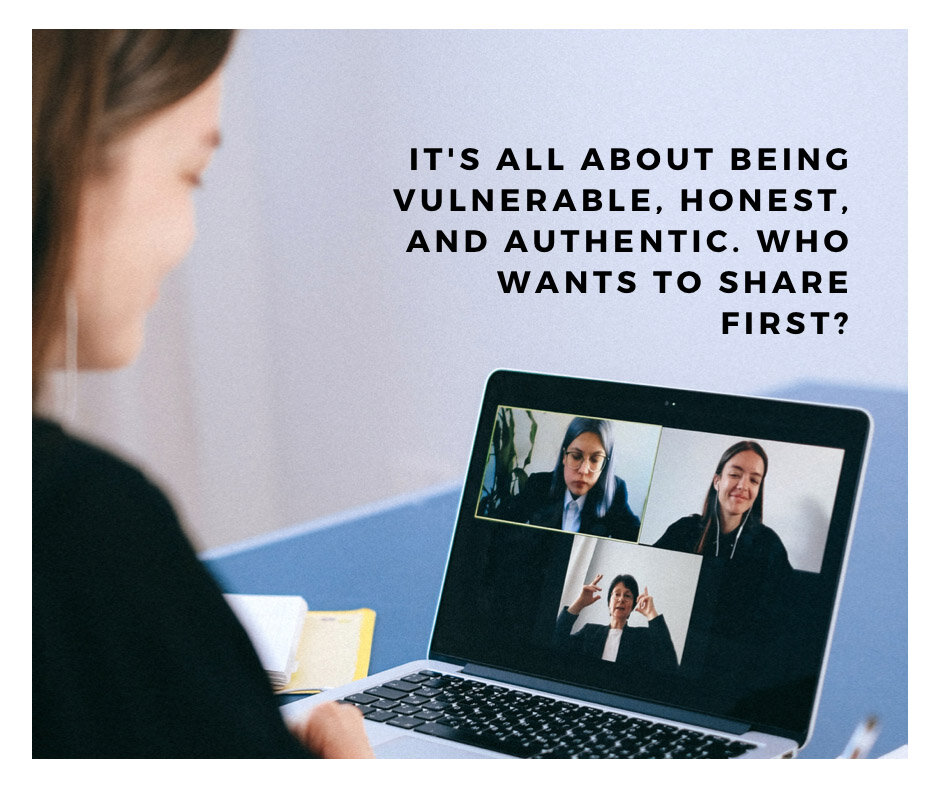The Hybrid Workplace Requires Hybrid Trust Building
How Can You Strengthen This Critical Element for Productivity?
If employees aren’t working in an environment where there is mutual trust and respect, you can’t be as productive as you’d like to be—and neither can they.
What Makes Trust So Important at Work
When you look at a team that works well together, what is it that makes them so productive? Well, some have argued that trust is the most critical element. After all, how can you be truly confident in your fellow coworkers if you don’t have a foundation of trust
It’s not surprising then that Gallup research found only around two-thirds of employees believe there is mutual trust and respect on their teams. And, that research was based on pre-Covid workplaces that were mostly co-located.
Team members may still like each other personally, but if they don’t trust each other professionally, it has an impact on overall productivity and performance.
What measures can you take to ensure there’s strong mutual trust and respect among your colleagues in this virtual workplace of today??
Here are some solutions you might want to consider:
What Makes Trust Difficult in a Hybrid World?
Often, when someone is upset about something, they feel they cannot trust anyone on their team. On some level, that fear can be justified, but most often trust breaks down due to lack of personal contact.
Even though Zoom has allowed us to bridge the gap of geography, no one seems to have invented a substitute for the actual physical and emotional experience of being together, facing a challenge, and reaching a common goal.
If someone has an issue with one or two people on their team, it’s worth figuring out why. We can set rules on how we might resolve issues, but nothing takes the place of vulnerability, honesty, and authentic sharing. Possible on Zoom? Maybe, but somehow sharing the same space makes a difference!
However, all is not lost! There are opportunities in the Hybrid version of work. Hybrid implies a combination of physical and virtual, but we must plan activities to leverage and utilize these face-to-face times more than we did in the past.
Listen! Really Listen!
The foundation of trust is being able to have an open, honest, and vulnerable conversation with your team. To have these types of conversations, you need to learn how to listen better. We all want others to listen to us, but most people find listening challenging.
Here are some tips that will help you become a better listener—and consequently build more trust among your employees:
Stop multitasking while talking to someone. Truly concentrate on what they’re saying, not what else is going on around you.
Be present in their words. Ask questions about parts you don’t understand, rather than interrupting them mid-sentence. In short, give everyone your undivided attention when they speak.
Take time after a meeting or one-on-one discussion to provide feedback or ask clarifying questions if something wasn’t clear. If you didn’t understand everything someone said, find a way to say it without coming across as condescending.
Consider enhancing productivity by accessing the Birkman motivational assessment. It is essentially an assessment “multi-tool”!
The Birkman Assessment breaks down these barriers and encourages vulnerability by helping people understand their blind spots and expectations of others. This then cultivates a culture of mutual understanding, so your team members learn to fine-tune their communications.
And, the insights about our similarities and differences stay with us when we return to cyberspace! We have started having Zoom meetings with our Birkman “colors” attached and displayed on our Zoom pictures – sort of like a cyberspace name tent!
Little reminders like this help to keep our connections with each other “in front” of us and helps personalize the interactions.
Leave a comment and let us know how you’re adjusting to the hybrid work environment.




